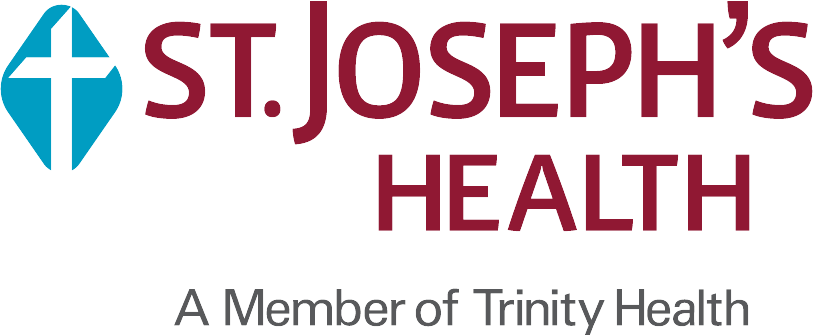Risk Factors
Breast cancer can strike anyone, at any age. However, certain risk factors have been identified that make an individual more likely to develop cancer. Proper screening is, therefore, important for everyone, regardless of the presence of these risk factors. Additional screening based on your medical history may be recommended. Consult your doctor for guidance on screening and your individual risk factors.
The following are commonly accepted risk factors for breast cancer:
- Aging – About 75% of breast cancers are diagnosed in women over the age of 50.
- Family History of Breast Cancer – Having a first-degree relative who developed breast cancer increases your risk of developing the disease, particularly if your relative was diagnosed before the age of 50 and the cancer was located in both breasts.
- Personal History of Breast Cancer – If you had cancer in one breast, you have a greater risk of developing a new breast cancer in the other breast or on the same side in another part of the breast.
- Race – Caucasian women are at slightly higher risk of breast cancer than African-American women.
- Menstrual Periods – If you started menstruating before the age of 12 or reached menopause after the age of 55, you are at a slightly higher risk for breast cancer.
- Age at Childbirth – Women who had their first child after the age of 30 or who never had any children are at a slightly elevated risk of developing breast cancer.
- Previous Breast Radiation – Women who were exposed to large amounts of radiation as part of treatment for diseases such as scoliosis, Hodgkin’s Disease, lymphoma or tuberculosis are at greater risk for developing breast cancer prior to the age of 30. Small amounts of radiation associated with chest x-rays or mammograms does not increase the risk of cancer.
- Hormone Replacement Therapy – Long-term hormone replacement therapy after menopause (lasting greater than 5 years) has been shown to increase a woman’s risk for cancer. The decision to use hormone replacement therapy should be made by a woman and her doctor after evaluating the risks and benefits of the treatment.
- Breast Lesions – Certain proliferating cells have been associated with increased cancer risk. These include Atypical Ductal Hyperplasia, Atypical Lobule Hyperplasia and Lobular Carcinoma In Situ.
- Weight – Being overweight, especially after menopause increases your risk of developing breast cancer.
- Alcohol – Drinking more than one drink per day increase your risk for cancer.
- Genetics – Five to ten percent of breast cancers are associated with a hereditary gene. The most common are BRCA1 and BRCA2. The risk for a woman carrying one of the BRCA gene mutations is as high as 50 to 85 percent. Many people with a family history of breast cancer consider genetic counseling and testing for these mutations. If you are considering this option, please consult with your physician for recommendations on qualified counselors who can advise you on the risks and benefits of these procedures.
